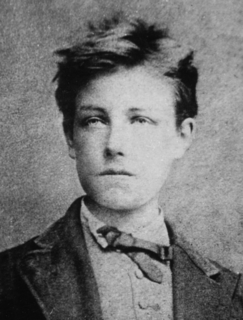A Quote by Jean-Jacques Rousseau
Accent is the soul of language; it gives to it both feeling and truth.
Related Quotes
I do not communicate by words alone. In fact, rarely do I do so. My most common form of communication is through feeling. Feeling is the language of the soul. If you want to know what's true for you about something, look to how you're feeling about it... Hidden in your deepest feelings is your highest truth.
When you hear somebody speaking in an accent, it's almost like they're invading your language while they're speaking to you because if you hear someone speak another language, you almost don't care. But when they speak your language with an accent, it feels like an invasion of something that belongs to you. And, immediately, we change.
The poet, therefore, is truly the thief of fire. He is responsible for humanity, for animals even; he will have to make sure his visions can be smelled, fondled, listened to; if what he brings back from beyond has form, he gives it form; if it has none, he gives it none. A language must be found…of the soul, for the soul and will include everything: perfumes, sounds colors, thought grappling with thought







































